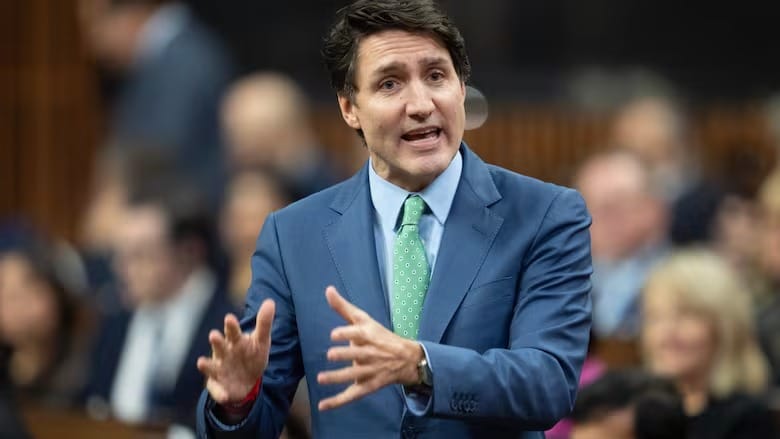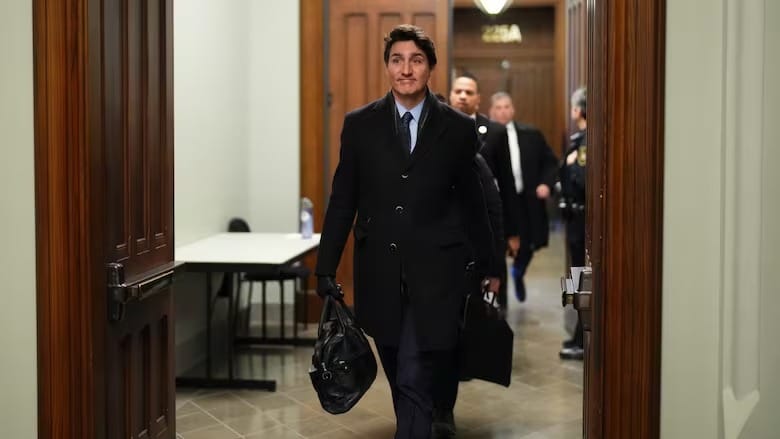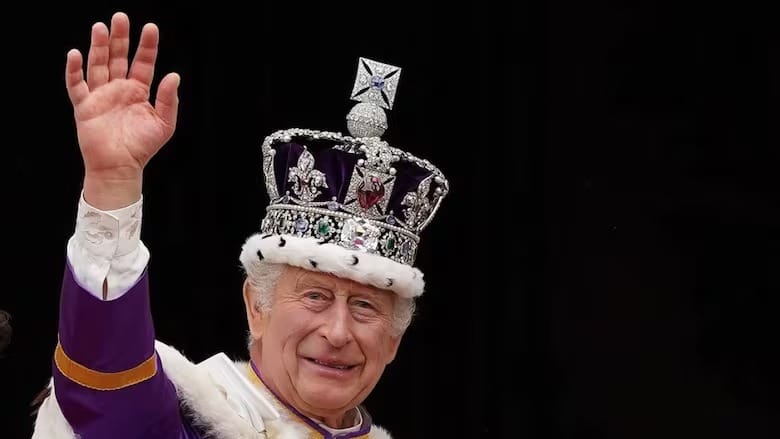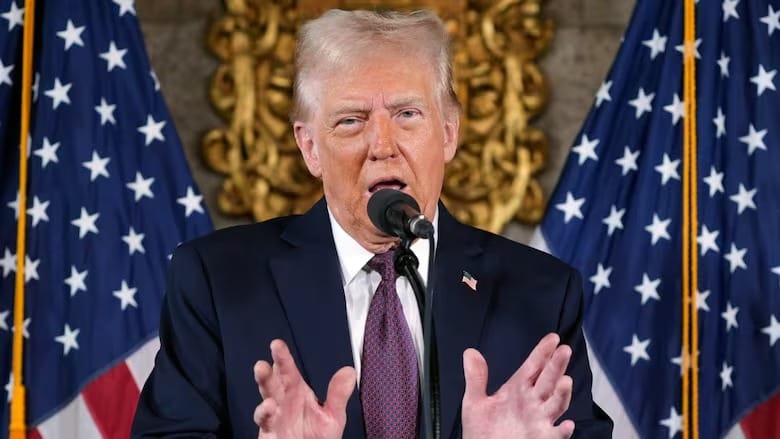Will Parliament be a 'gong show' again in 2025?
The Conservatives say they're filibustering for a principle — but the facts don't entirely agree

Title: Dysfunction in the House of Commons: Can 2025 Bring a Change?
Earlier this month, NDP MP Charlie Angus expressed his frustration in the House of Commons, reflecting on the deteriorating state of Canadian democracy. "Mr. Speaker, I always say what a great honour it is to rise in a House such as this, chosen by the people of Timmins—James Bay," Angus began. "But I have to say that I am less and less proud every time I am asked to stand up, because I do not know how to tell young Canadians to believe in democracy when they watch this dismal gong show day after day."
Angus, who is not seeking re-election, has frequently compared the parliamentary proceedings to the chaotic American game show from the 1970s and 80s. While complaints about the House of Commons' dysfunction are not new, it's clear that many now share Angus's concerns. The question remains whether Parliament will be any more effective in 2025.
The primary cause of the current dysfunction has been the Conservative filibuster, which has held up the House for over two months. The Conservatives justify their actions, arguing that they are standing firm on issues of parliamentary accountability. Parliament had ordered the government to produce documents related to a problematic green technology fund, but the government has yet to comply. Conservative MP Michael Chong stated, “The right to order the production of documents is fundamental to the proper functioning of Parliament.”
However, the Conservatives’ position is complicated by two factors: first, they are filibustering their own motion, which proposed sending the dispute to a House committee for further discussion. Second, the order passed by Parliament was not to produce the documents for MPs but for the RCMP, a demand that has raised concerns even within the national police force. Legal experts have criticized this move, with Steven Chaplin calling it a “misuse” of Parliament's power, and Rob Walsh describing it as “an abuse of the powers of the House.”
The filibuster, while a traditional opposition tool, has become unusually prolonged and disruptive. Aside from a brief period to pass the government’s temporary GST break, the House has not been able to consider government legislation since late September, and all private members' bills have also been blocked.
The Trudeau government’s inability to end the filibuster is attributed to several factors. Without a majority in the House, the Liberals would need support from another party to invoke closure. The New Democrats, who distanced themselves from their confidence-and-supply agreement with the Liberals in September, have shown little eagerness to assist the government. Although a deal with the Bloc Québécois seemed possible in October, no agreement was reached.
In such a situation, the governing party could threaten an election to break the deadlock. However, the Liberals are not in a strong enough position to pursue this option. Despite the filibuster, the Liberals have largely been able to govern, as most of their agenda was implemented before the obstruction began. The recent round of financial appropriations was also passed, ensuring the government won’t run out of funds.
Nonetheless, this obstruction has hindered progress on several key pieces of legislation, such as the online harms bill, the Nature Accountability Act, and changes to the capital gains tax. If the government wants to make progress on important reforms, such as the Elections Act and the Safe Long-Term Care Act, it will need to clear roadblocks in the House.
Time is running out for the current government, especially with the next federal election possibly taking place in October, leaving the House with only 14 sitting weeks remaining. As the election approaches, the intensity of parliamentary battles is expected to increase, potentially making the situation even more chaotic.
The Conservatives, eager for an election, benefit from a breakdown in parliamentary business, framing it as evidence of a "broken" system. But the prolonged dysfunction risks eroding public confidence in Parliament, which is already reflected in the public’s lukewarm response to its deadlocked state.
As Angus noted earlier, this is a critical time for democracy: "We are in a crisis of democracy around the world." For the Liberals and New Democrats, there may soon come a point where they must decide whether to make more constructive use of the remaining time before a Conservative government takes office.
The confidence-and-supply agreement, which was forged in response to the "freedom convoy" protests in 2022, demonstrated that the two progressive parties could work together effectively. However, if the House is to function beyond the current deadlock, the Liberals and New Democrats may need to collaborate again to restore order and get things back on track for 2025.





